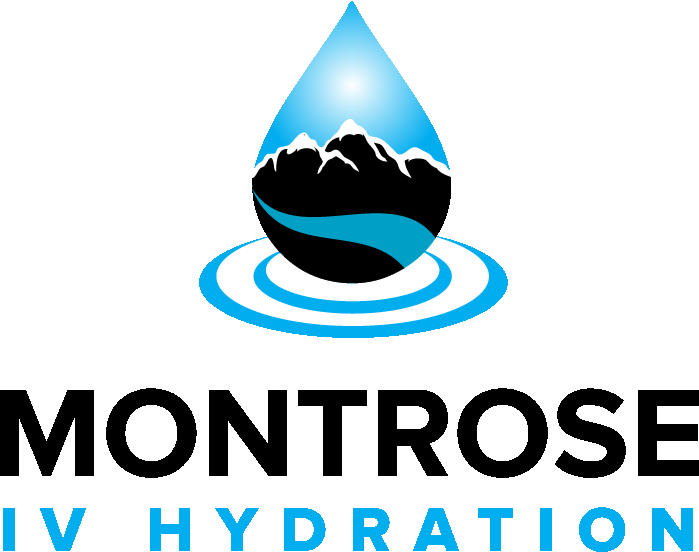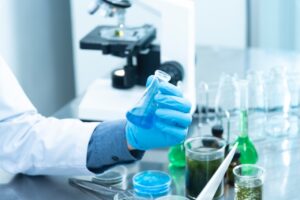B1 (thiamine): Thiamine plays an essential role in metabolism by helping convert nutrients into energy. The richest food sources include pork, sunflower seeds, and wheat germ.
B2 (riboflavin): Riboflavin helps convert food into energy and also acts as an antioxidant. Foods highest in riboflavin include organ meats, beef, and mushrooms.
B3 (niacin): Niacin plays a role in cellular signaling, metabolism and DNA production and repair. Food sources include chicken, tuna and lentils.
B5 (pantothenic acid): Like other B vitamins, pantothenic acid helps your body obtain energy from food and is also involved in hormone and cholesterol production. Liver, fish, yogurt, and avocado are all good sources.
B6 (pyridoxine): Pyridoxine is involved in amino acid metabolism, red blood cell production and the creation of neurotransmitters. Foods highest in this vitamin include chickpeas, salmon and potatoes.
B7 (biotin): Biotin is essential for carbohydrate and fat metabolism and regulates gene expression. Yeast, eggs, salmon, cheese, and liver are among the best food sources of biotin.
B9 (folate): Folate is needed for cell growth, amino acid metabolism, the formation of red and white blood cells and proper cell division. It can be found in foods like leafy greens, liver, and beans or in supplements like folic acid.
B12 (cobalamin): Perhaps the most well-known of all the B vitamins, B12 is vital for neurological function, DNA production, and red blood cell development. B12 is found naturally in animal sources like meats, eggs, seafood, and dairy.
What Are All Those B Vitamins Anyways?
B1 (thiamine): Thiamine plays an essential role in metabolism by helping convert nutrients into energy. The richest food sources include pork, sunflower seeds, and wheat


